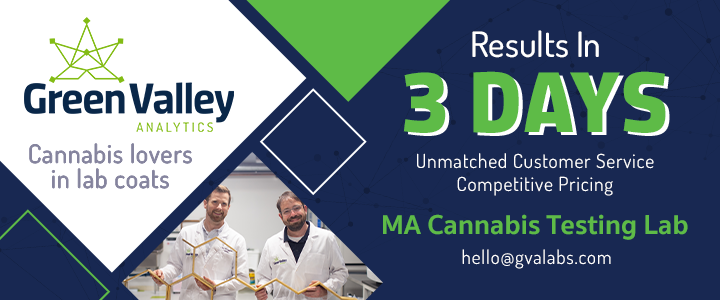
“It’s a puzzle that we’re putting together here … It takes genetics, it takes the growers themselves, but then it also takes the scientists, it takes the marketing team, it takes all of that to be a successful cannabis company now.”
Some people in the cannabis industry, especially growers, are creatures of the past, obsessed with hunting down rare seeds and tracing landrace strains to as close to their origins as possible.
Others are laser-focused on the future, from nanotech to artificially intelligent solutions.
The team at Bountiful Farms, which has a medical dispensary in Natick and a manufacturing and cultivation facility in Lakeville, has feet on both sides of that timeline.
For Chief Cultivation Officer Zach Taylor and Corey Woods, the latter one of the company’s first cultivation-side hires back in 2020, it has been increasingly clear that in order to serve their dual allegiance—to the iconic sativas they came of age growing and blowing, and also to achieving maximum sustainability in a difficult business—they need to look past roots and educate themselves about the underlying culture.
Tissue culture, that is. As Woods and Taylor summarized during a recent tour of their lab, “This biotechnology of sterile cloning in a small, controlled vessel is used to create healthy, identical plants consistently in a short amount of time with great efficiency.”
“There’s a plethora of benefits—not only for [viroid-free] capabilities, but also the ability for genetic preservation,” Taylor said. “We can almost have like a Disney vault, where we take our genetics and store them and then we can bring those back out when we want to.”
The multiple award-winning grower continued, “It’s about wanting to keep the cultivars that are important to not only Bountiful Farms, but that are important to the cannabis community. Us old heads, we want that old smoke back. And the only way we’re going to be able to really get that is to be able to drop those seeds in vitro, to clean those genetics up, to bring those into the meristem, and to actually have those old school strains with the vigor that they once had.”
Woods added: “You take a plant that grows in the garden, and it’s growing in a completely different environment. When you bring it in vitro, you are getting rid of the plant’s need to photosynthesize, you are feeding it sugars … so it changes its morphology almost immediately, and you have to train it to grow in that environment.”
Before they could do any of that, however, Woods and Taylor needed some training of their own. So last year, the pair traveled to San Francisco for a curriculum taught by tissue culturist and Cornell University ag prof Dr. John Kleyn. With the resulting knowledge and a roadmap in place, Woods officially assumed the title of director of tissue culture and innovation. Finally, they recruited Kiara Ines Gadsby, a southeastern Massachusetts native who studied horticultural science at UMass Amherst, to come on board as an in-house specialist.
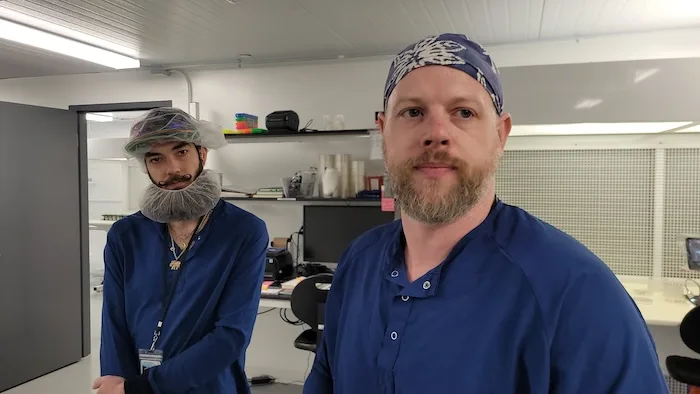
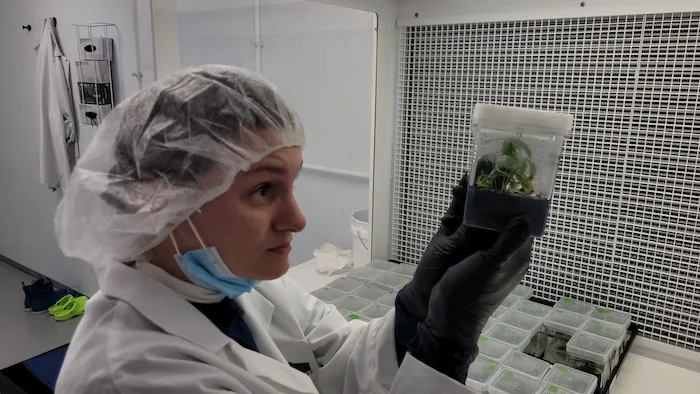
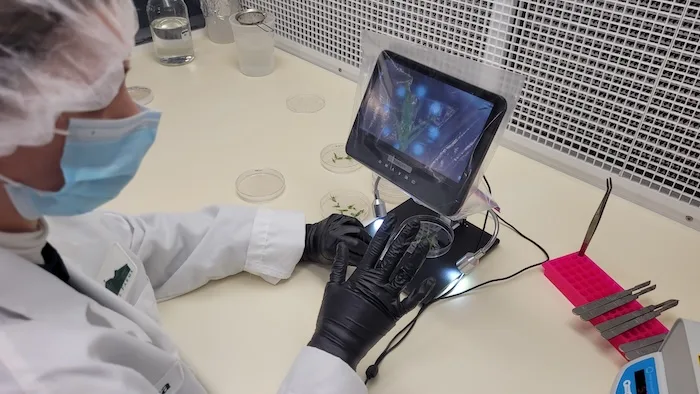
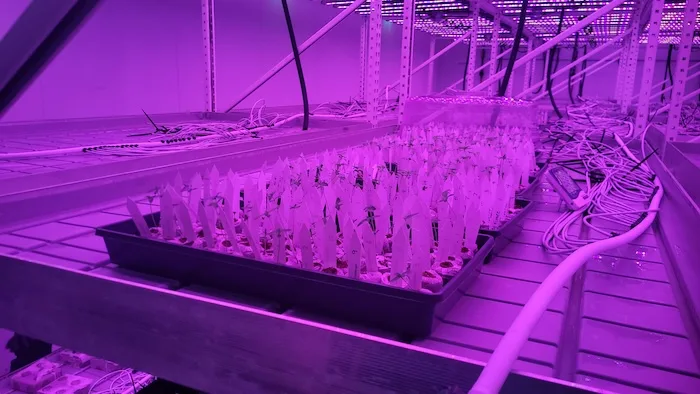
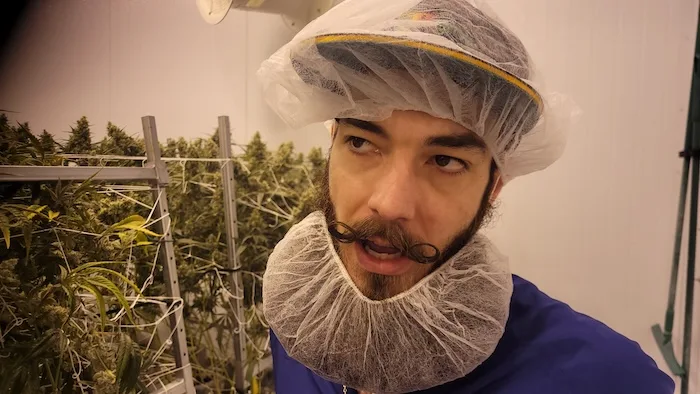
“Our goal for this department was really to bring cannabis to the sophistication of other agricultural crops,” Taylor said. “Someone like Corey and I, we come from the industry, we come from a cannabis-centric mindset, but it’s beneficial and you need that yin and yang and someone who really has hours in the lab. Kiara came from tissue culture for other agricultural species.”
The meristem extraction process, which is at the literal and figurative center of tissue culture science, is much different—and physically harder to do—for weed than it is for a lot of other plant species. Gadsby previously worked with potatoes and oranges, and while there are many underlying similarities, the difference between those and the crops she works with now is akin to comparing the effects of apples and cannabis.
“When you look at cannabis sativa as a whole, what makes the meristem extraction that much more challenging is the size,” Taylor explained. “When you look at the size of the meristem of a soybean, or a banana, it’s much larger. So it takes someone with dexterity, and it takes someone with that lab experience to have those attempts be successful.”
Gadsby spoke from past experience: “Potatoes are vegetative growers, so they grow way quicker and amplify their numbers way quicker. Citrus is a tree, so it grows a lot slower. I find cannabis to be somewhere in the middle—I’m grateful for both experiences, because when I was working with citrus, I was always wishing it was growing faster.”
At her work station, Gadsby demonstrated the intricate procedure. A task no shaky coffee drinker could ever complete, she has to delicately sever several stems with dual scalpels guiding both hands while she watches progress on a screen displaying a magnified image. Taylor described what his colleague does as “like peeling an onion back. … So when you look, there’s a primordial leaf itself, but as you continue to pull back, you get to the undifferentiated cells themselves, and that’s where the meristem is.”
In just a few months, they’re making progress. Bountiful Farms already has plants in production that were born in their tissue lab, with countless more to come.
“We just sent out a whole round of mothers to be tested,” Woods said, noting the scrutiny and serious responsibility that comes with such an operation. “The state requires you to test a myriad of things before we even bring them into our labs—we test the soil, we test the water, we test the plant tissue.”
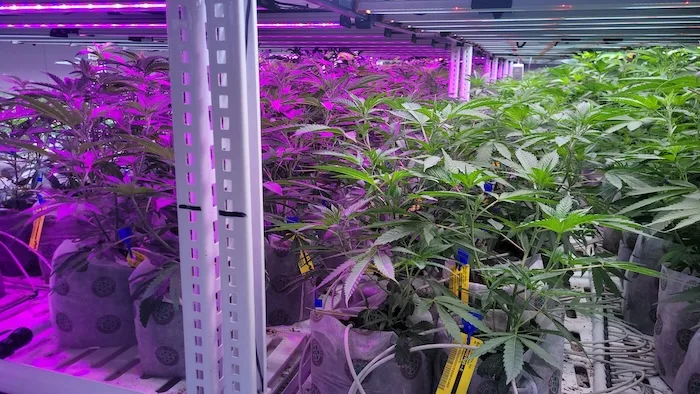
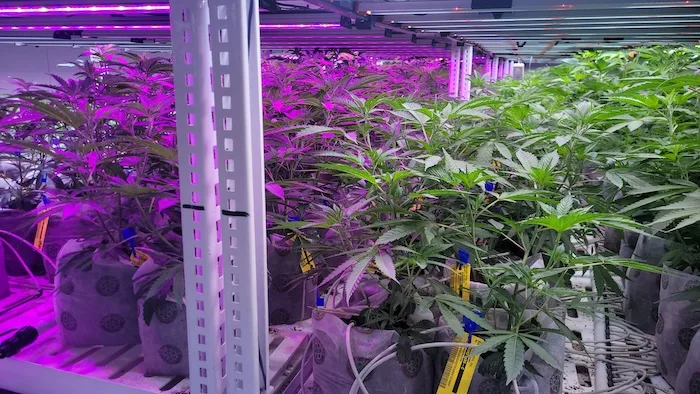
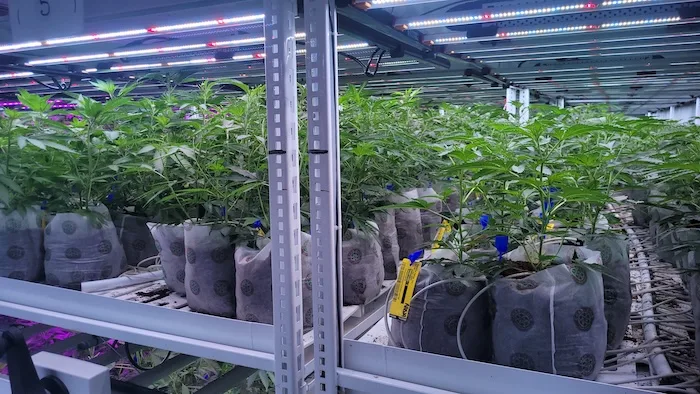
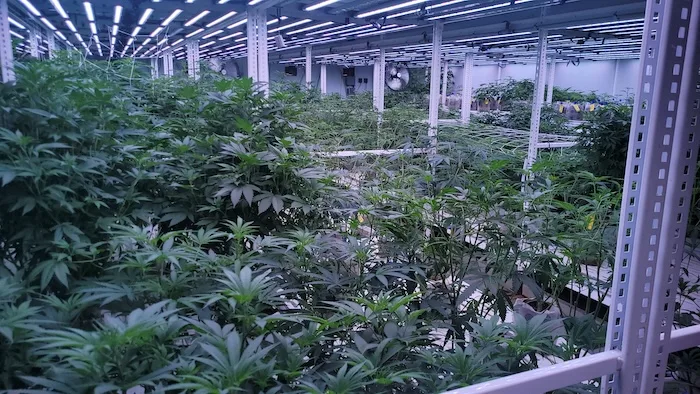
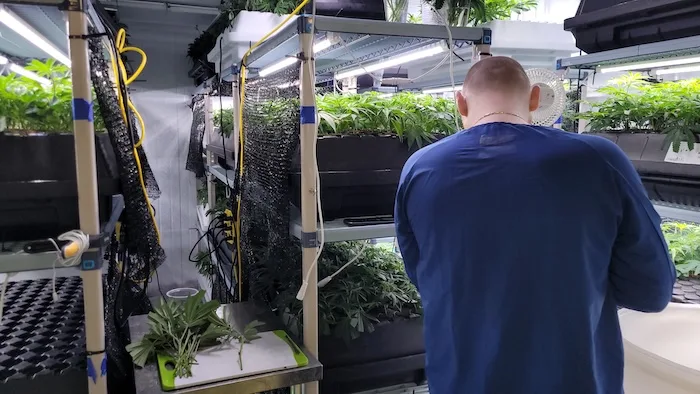
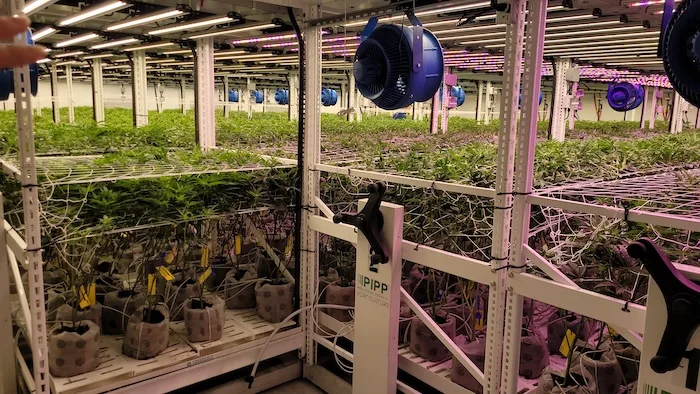
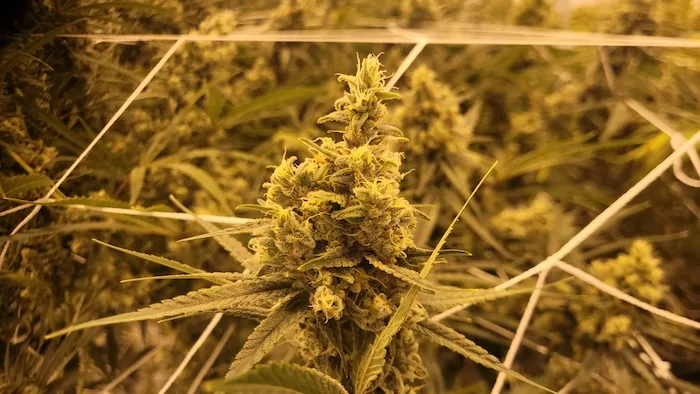
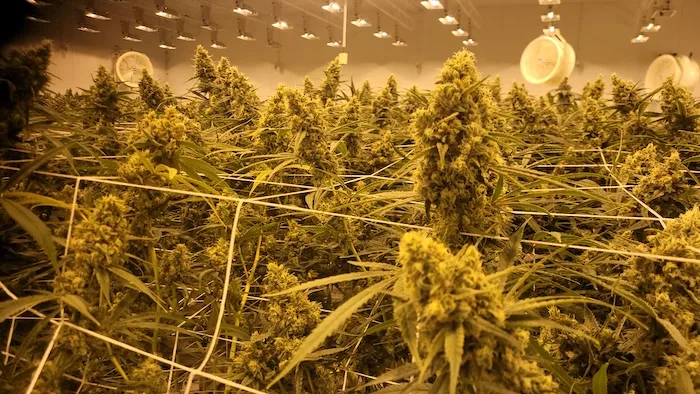
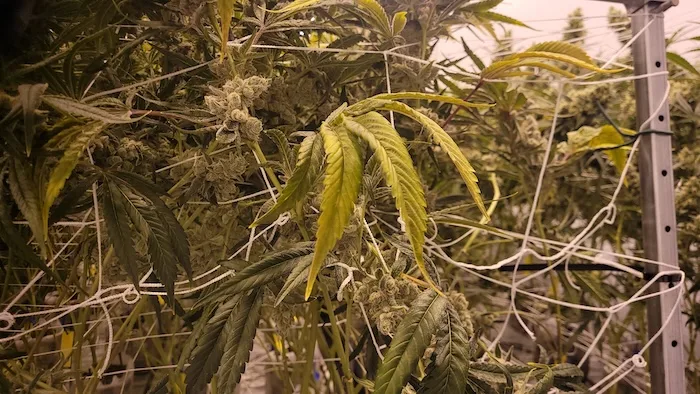
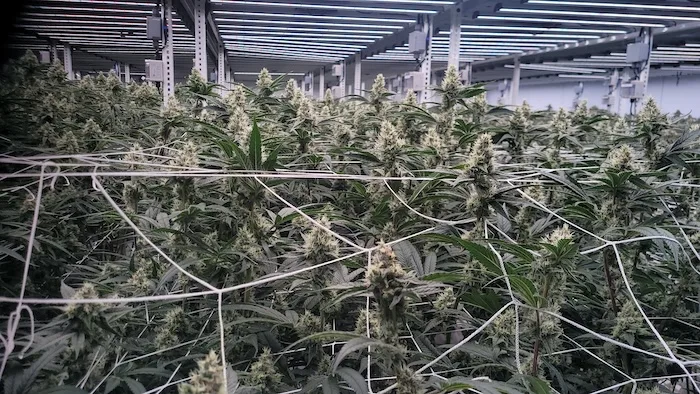
It’s a major price to pay in every way, including financially—the lab was a six-figure investment. But as they tell it, when looking to the future, tissue is the issue, and they are determined to tend to it.
“It can’t just be us growers,” Taylor said. “It has to be a combination of people from a lot of different backgrounds. It’s a puzzle that we’re putting together here, from soup to nuts. It takes genetics, it takes the growers themselves, but then it also takes the scientists, it takes the marketing team, it takes all of that to be a successful cannabis company now.”
“If you want to do one thing one way, but then if you want to scale up and you are going to run into hurdles, you can’t be afraid to admit that maybe it needs to be done slightly differently,” Woods said.
“Eighteen years of commercial cannabis experience is great,” Taylor said, “but it’s not what’s going to lead us to the finish line. It’s not what’s going to take us over the hump in terms of where cannabis is now evolving.”


